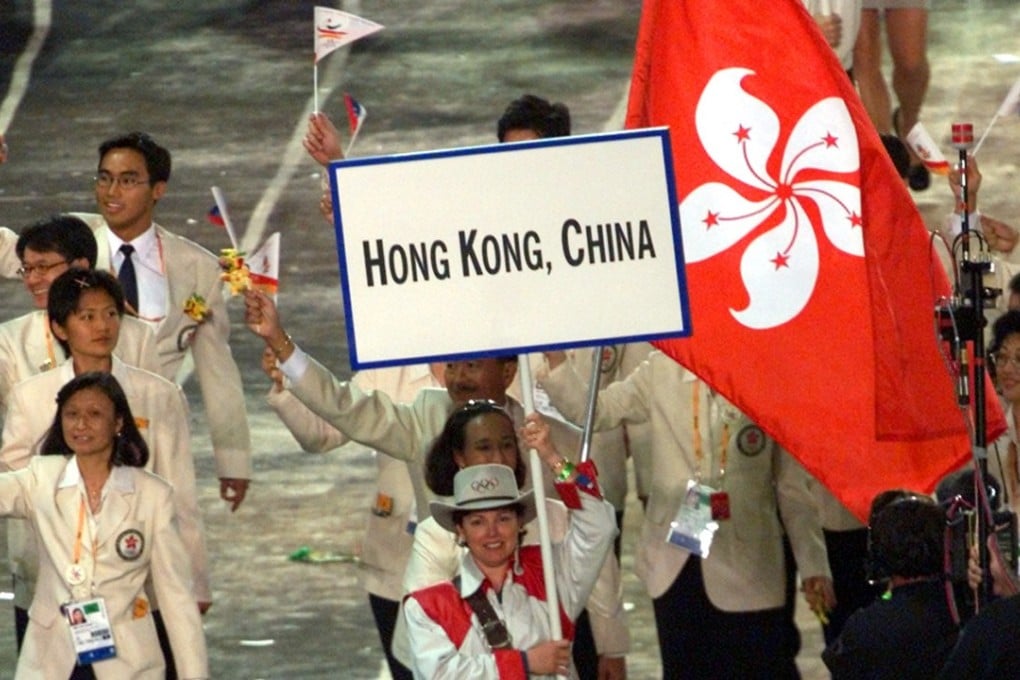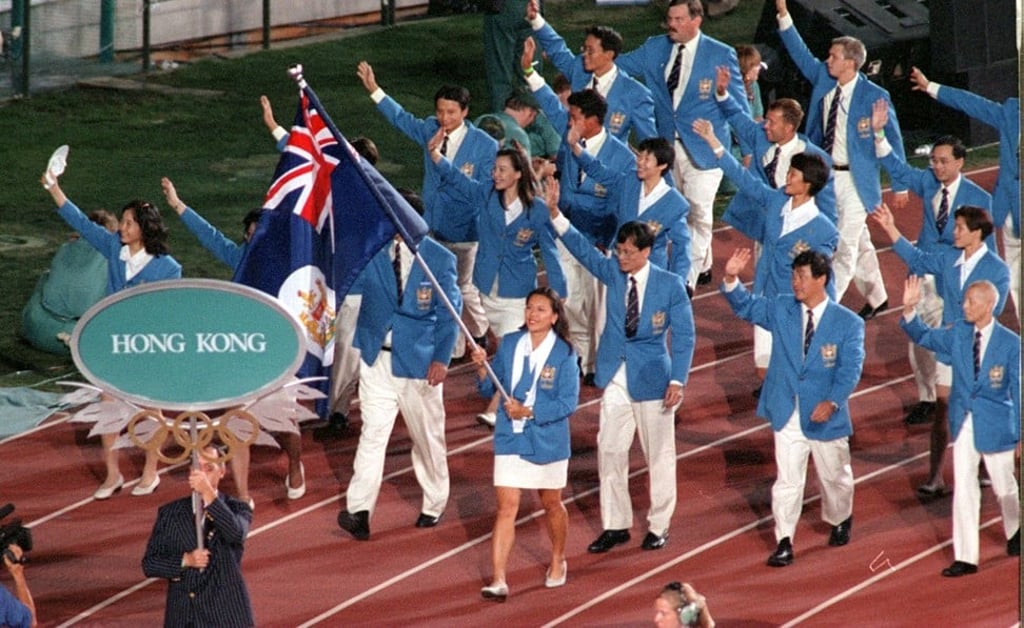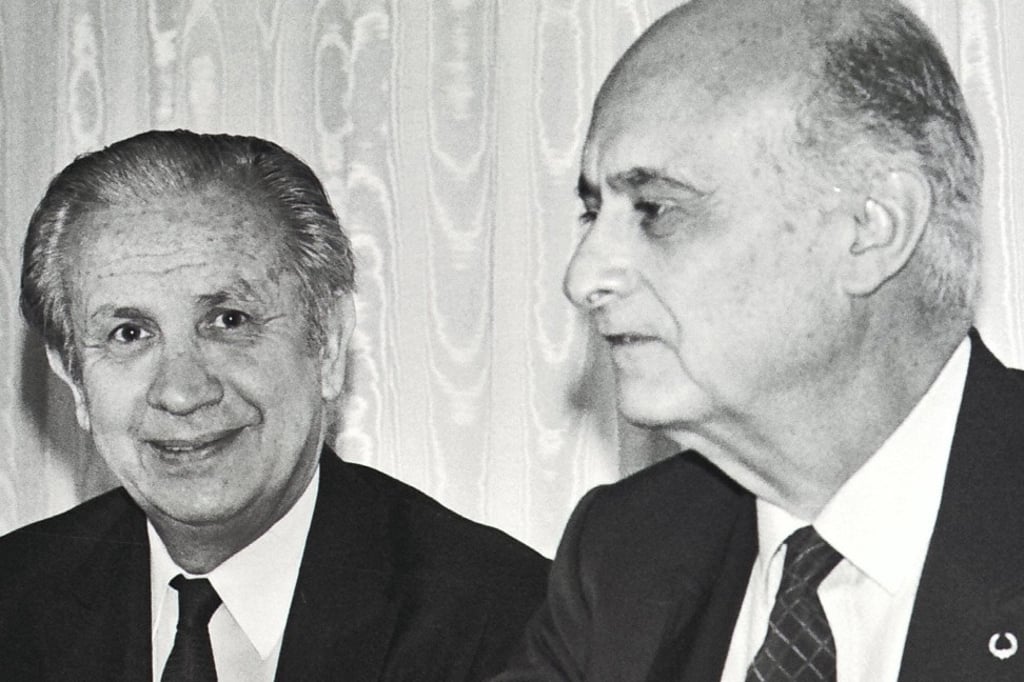One country, two teams: how Hong Kong kept its identity in the sporting arena
With Juan Antonio Samaranch and the International Olympic Committee in its corner, local sports chiefs had a powerful ally in maintaining their autonomy

The Hong Kong athletes were worried. It was the 1994 Asian Games in Hiroshima, Japan, and they were talking among themselves.
“This is our last Asian Games as a Hong Kong team,” said one.
The handover was less than three years away and there was no clarity as to the future of Hong Kong’s sporting identity after the return to Chinese sovereignty.

For many officials, it was not so much wanting to deny Hong Kong its sporting autonomy after July, 1997, but more a case of ensuring that they were seen to be instrumental in securing the former colony’s sporting future.The first time Hong Kong’s sporting independence was flung into the public domain was just before the start of the Hiroshima Games when Juan Antonio Samaranch, the late president of the International Olympic Committee, responded to a question from the South China Morning Post at a press conference in the Japanese city.
